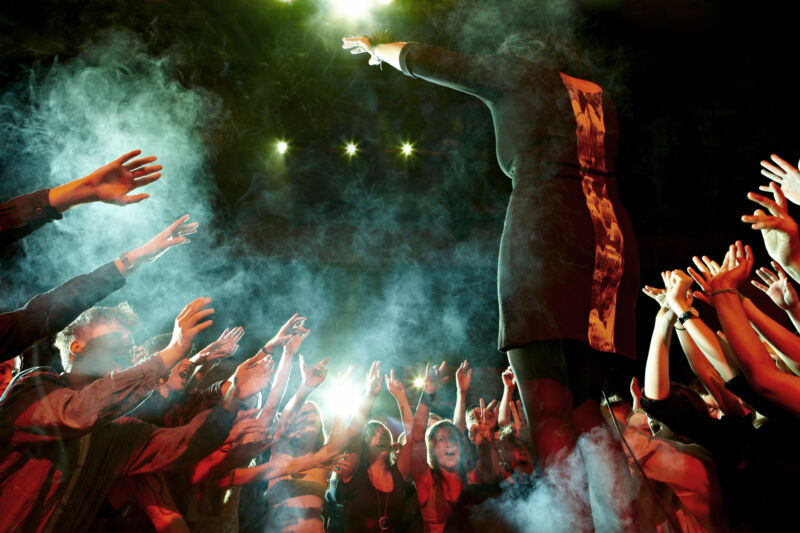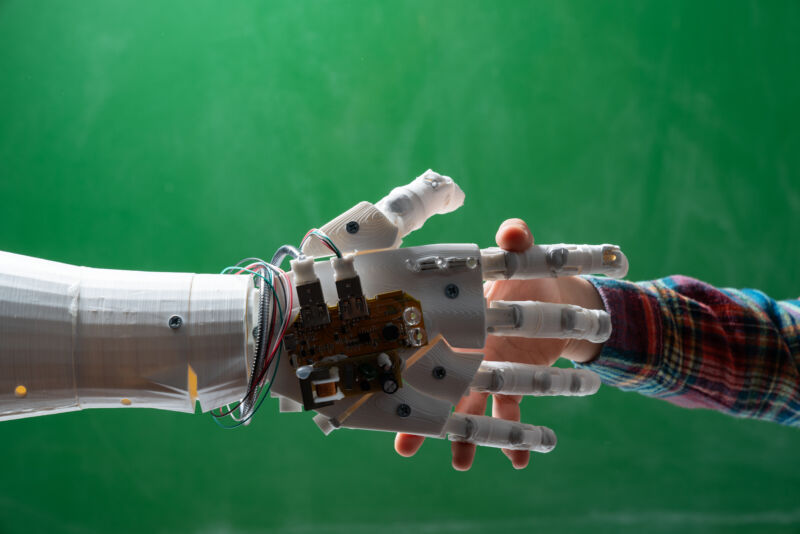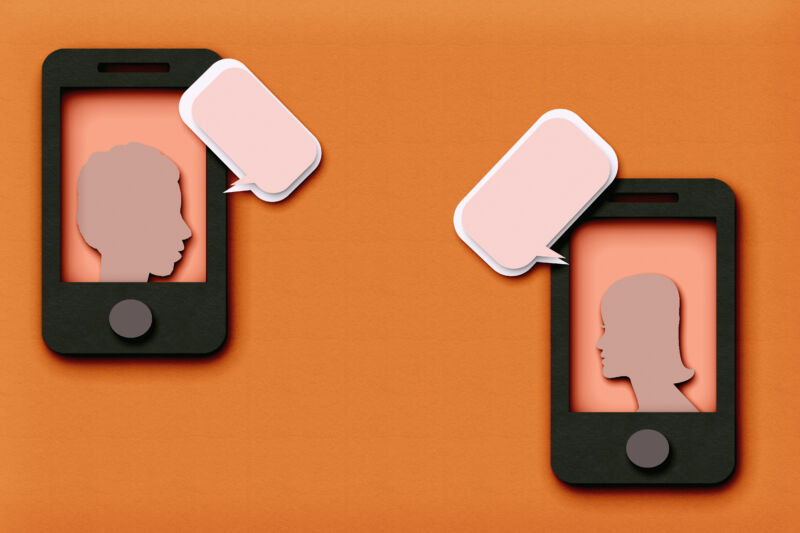-
 chevron_right
chevron_right
Song lyrics are getting more repetitive, angrier
news.movim.eu / ArsTechnica · 5 days ago - 16:29

Enlarge (credit: Henrik Sorensen )
From ‘80s new wave to ‘90s grunge to the latest pop single, music has changed a lot over the decades. Those changes have come not only in terms of sound, though; lyrics have also evolved as time has passed.
So what has changed about the lyrics we can’t get out of our heads? After analyzing 12,000 English-language pop, rock, rap, R&B, and country songs released between 1970 and 2020, researcher Eva Zangerle of Innsbruck University and her team have found that lyrics have been getting simpler and more repetitive over time. This trend is especially evident in rap and rock, but it applies to other genres as well. Another thing Zangerle’s team discovered is that lyrics tend to be more personal and emotionally charged now than they were over 50 years ago.
Know the words…
“Just as literature can be considered a portrayal of society, lyrics also provide a reflection of a society’s shifting norms, emotions, and values over time,” the researchers wrote in a study recently published in Scientific Reports.








